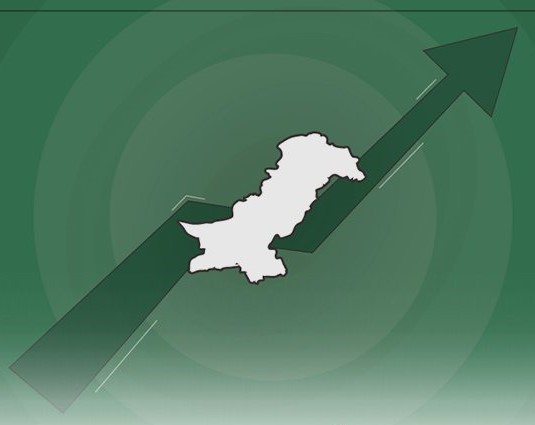ISLAMABAD: Pakistan’s general elections on Wednesday will decide the prime minister for the next five years whose first pressing task will be to improve the country’s financial and economic health.
The next prime minister faces a bumpy road as the Pakistani economy has deteriorated to the extent that many expect Islamabad to seek an external bailout. The contest for the position of prime minister is closely fought between Shehbaz Sharif who leads the incumbent Pakistan Muslim League-Nawaz (PML-N) and cricketer-turned-politician Imran Khan who leads the new Pakistan Tehreek-e-Insaf (PTI), or Pakistan Justice Movement., reported the Nikkei Asian Review.
Shehbaz is the younger brother of former prime minister Nawaz Sharif who was sacked in July 2017 and now serving a jail sentence for corruption. On Monday, Khan closed his election campaign with an oft-repeated promise — to eradicate “mega-corruption” if he becomes prime minister. The former cricket star has toured Pakistan extensively, urging his supporters to reject Sharif.
On the other hand, Sharif has been pointing to the rapid development the country has undergone under his party. At a campaign rally in Lahore, Pakistan’s second largest city that forms the crucial support base for the Sharif family, Sharif emphasized his party’s “leadership role in building a new Pakistan.”
In the past five years, Sharif oversaw projects such as the construction of a new overhead train line built with Chinese help and a new overhead bus project in heavily congested Lahore. He cited those as examples of his party’s commitment to fast-paced progress. In one speech, Sharif noted how Lahore has begun to turn into Paris.
But the collapse of a main road in Lahore on July 11 following monsoon rains drew fierce criticism from PML-N’s opponents as evidence of poor quality work during Nawaz Sharif’s rule.
More broadly, however, Pakistan’s worsening finances have triggered widespread criticism of reckless spending under the former prime minister.
In the financial year ended June 2017, the current-account deficit soared to $18 billion, up from an expected $15 billion. On the eve of Wednesday’s elections, the country’s liquid foreign currency reserves at the central bank stood at approximately $9 billion — equivalent to just two months’ worth of imports.
In a bid to curb inflationary pressures and stave off a balance of payment crisis, the central bank recently raised interest rates by 100 basis points to 7.5%. That followed a devaluation of the Pakistani rupee by approximately 4% in June.
These economic challenges have prompted widespread speculation of Pakistan’s return to the International Monetary Fund for a second loan since 2013 when it sought $6.7 billion to stave off an earlier balance of payments crisis.
Consequently, the new government may have to take unpopular measures such as implementing an increase in tariffs for electricity and gas.
Some government officials believe Pakistan could also reach out to China for balance of payments support and avoid the tough conditions that will inevitably come with a new IMF loan.




